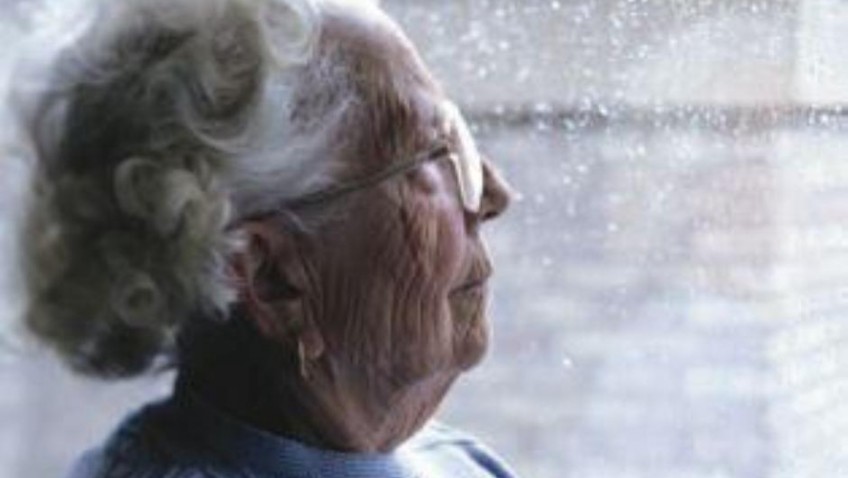New report by Age UK warns urgent action must be taken to eradicate fuel poverty by improving the energy efficiency of the nation’s coldest homes
Thousands of older people living in the coldest homes in the country are going without help and have little hope for the future, following the closure of the Green Deal and the Government’s lack of ambition around eradicating fuel poverty, claims a new report by Age UK. The Charity is warning that the lack of a solution to the UK’s cold homes risks undermining the health and wellbeing of tens of thousands of older people over coming winters.
Published today to coincide with the launch of the Charity’s annual Campaign for Warm Homes, the report describes the miserable and sometimes deadly consequences of living in a cold home in later life. It tells the stories of older people across the country who tried unsuccessfully to access help under the Government’s now defunct Green Deal initiative and who with nowhere else to turn are now bracing themselves for another winter struggling to stay warm.
Every winter tens of thousands of older people in the UK experience ill health or die as a result of the cold. Age UK has calculated that over the last 60 years there have been a staggering 2.5 million avoidable deaths among older people in England and Wales due to the winter cold. At the root of this problem are cold, poorly insulated homes.
The latest government figures show that the over-60s are more likely to live in a leaky, draughty home than any other age group, with just under 120,000 older households awarded the lowest possible energy efficiency G-rating and over 2.5 million older households living in E, F and G rated homes.3 This not only leads to people paying over the odds for their energy, it also increases and exacerbates serious cold-related illnesses such as heart attacks and strokes – which Age UK estimates cost the NHS approximately £1.36 billion a year through increased GP visits, A&E stays and additional social care support.
The evidence shows that the UK’s homes are among the most expensive to heat in Europe. In addition, the UK has the highest level of fuel poverty among a dozen comparable EU nations, and one of the greatest proportions of homes in a poor state of repair. Yet Government measures in response have been timid and largely ineffective: only 16,000 people were helped by the Government’s flagship Green Deal before it was closed earlier in the year and this winter, fewer households on low incomes will benefit from the Energy Company Obligation (ECO) than at any time since the scheme came into being in 2002.
Through its Campaign for Warm Homes, Age UK is calling on the Government to make energy efficiency a national infrastructure priority and to put in place a programme to lift six million homes occupied by households on low incomes up to EPC Band C by 2025, with two million of them reaching Band C by 2020. The Charity believes that now is the time to reform ECO to ensure that it reaches far more people in need. The Charity is also calling for a new, improved scheme to support those who can afford to pay to invest in energy efficiency at home. These steps are essential if we are to tackle the scourge of fuel poverty and reduce cold-related illness and deaths among older people.
Commenting on the issue, Public Health expert Dr Alan Maryon-Davis, said: “As a former GP and Director of Public Health in South London, I have seen time and again the devastating impact living in a cold home can have on an older person’s health, often going hand-in-hand with depression and loneliness. I very much hope this hard-hitting report will spur the Government into action.”
Caroline Abrahams, Charity Director at Age UK, said: “Older people living in cold homes, which are also sometimes in a poor state of repair, are dreading what the next few months will bring. For some the struggle to stay adequately warm through the winter will have life and death consequences, something we should be deeply ashamed of in an affluent country like ours.
“Only the Government can change this and we call on it to act. It needs to be much more ambitious about eradicating fuel poverty and transforming the coldest homes through a sustained energy efficiency programme. There is also an urgent need for a workable replacement for the Green Deal and for reform of the ECO.
“I don’t want our successors to look back in fifty years’ time and marvel at how we knew older people were dying needlessly each year because of their poorly insulated homes, and yet we somehow failed to act. Many countries with colder climates than ours’ have better records on cold-related deaths, showing we should be doing much better than we currently are.”





